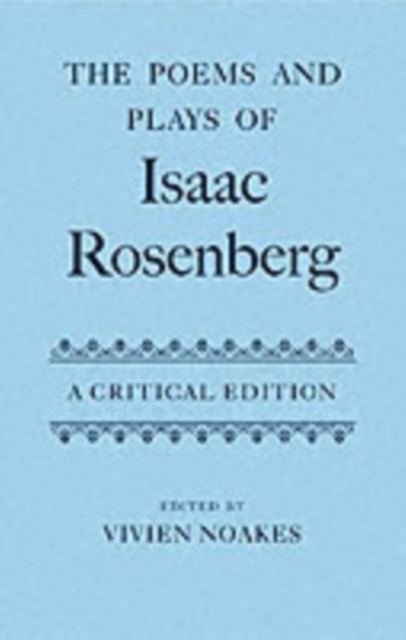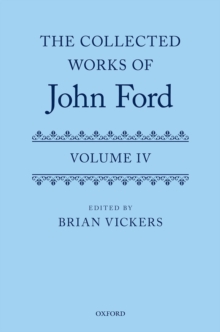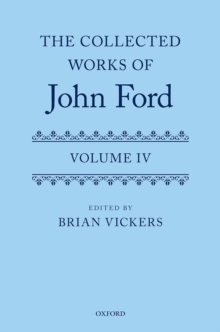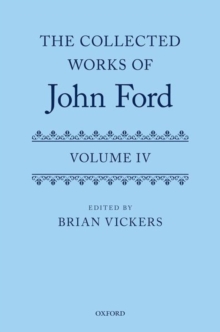
The Poems and Plays of Isaac Rosenberg : A Critical Edition PDF
Edited by Vivien Noakes
Part of the Oxford English Texts series
Description
This is the first scholarly edition of the poetry of Isaac Rosenberg.
Although he is generally described as a First World War poet, this edition also highlights his pre-war achievement as a writer of powerful individual work.
Drawing on a detailed analysis of manuscript sources, it offers unrivalled insight into the process of his poetic thought.
His numerous drafts have been transcribed in full or given as textual variants so that, for the first time, the reader isable to follow the extraordinary way in which he built up his poems by composing individual lines which he then assembled into the finished work: 'that is the only way I can write, in scraps, & then join them together - I have the one idea in mind' he wrote in 1914.
Extensive cross-referencing, inparticular with the plays, throws light on his re-use of poetic images and ideas; his methods, and the frequent hardships under which he worked, are further illuminated by a detailed description of many of the manuscripts.
The mis-reading of some texts, and errors in dating, in earlier editions have been rectified, while a detailed chronological summary offers biographical information.
The introduction and commentary examine textual matters, dating and ordering; people, places, and historicaland biographical context; and the way in which, especially while working in isolation as a private soldier in France, he was able to share critical ideas and thoughts on individual poems with his peers.
Information
-
Download - Immediately Available
- Format:PDF
- Publisher:OUP Oxford
- Publication Date:26/08/2004
- Category:
- ISBN:9780191568565
Information
-
Download - Immediately Available
- Format:PDF
- Publisher:OUP Oxford
- Publication Date:26/08/2004
- Category:
- ISBN:9780191568565










